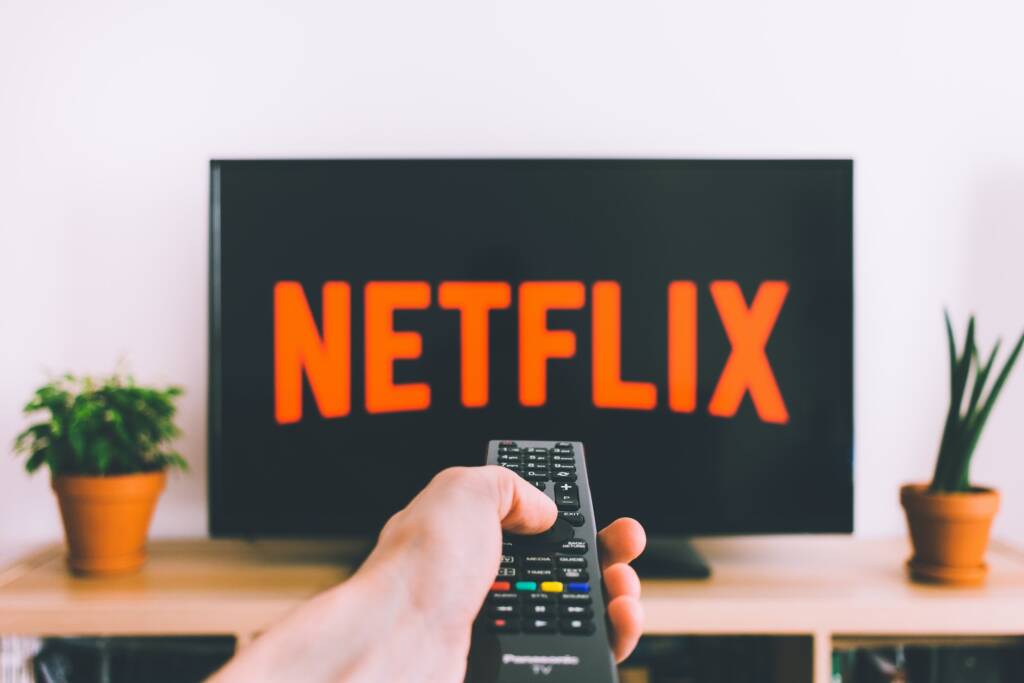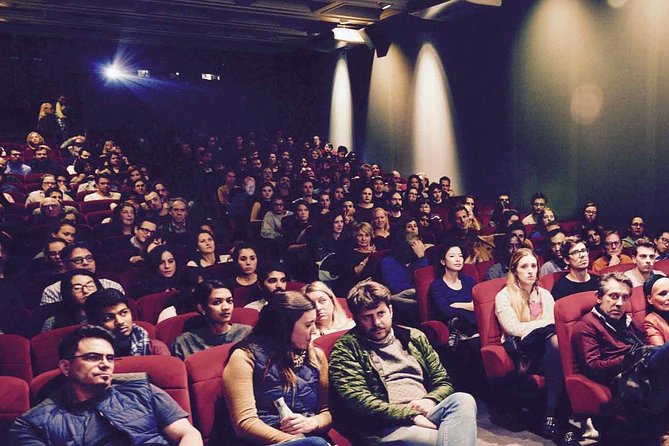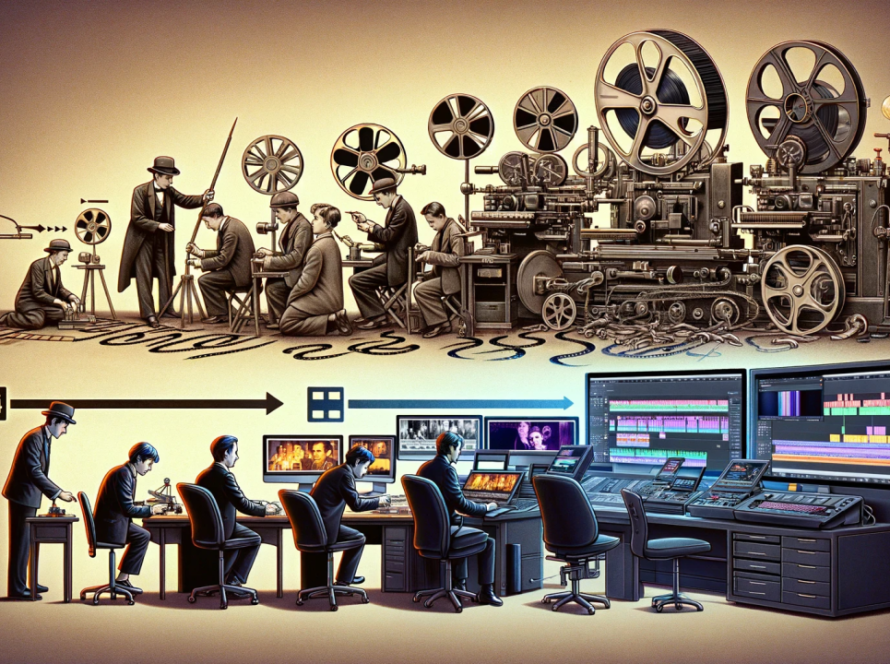
The Shift from Theaters to Streaming
With the rise of platforms like Netflix and Amazon Prime, more people are choosing to watch movies from the comfort of their homes. This shift has led to a decline in traditional movie theater attendance. Filmmakers and studios are adjusting to the new reality by releasing films directly to streaming services. The convenience of streaming has reshaped how people consume movies, allowing them to watch films on their own schedule. As streaming continues to grow, the traditional movie-going experience may face more challenges.
Original Content on Streaming Platforms
One of the reasons streaming services have gained popularity is their investment in original content. Platforms like Netflix have produced critically acclaimed films and series that compete with traditional Hollywood productions. Original films like Roma and The Irishman have garnered awards, proving that streaming content can be just as impactful as theater releases. The rise of original content has given filmmakers more creative freedom, as streaming platforms are willing to take risks on unconventional stories. As a result, audiences have access to a wider variety of films.
How Streaming Platforms Are Changing Movie Distribution
In the past, films would be released in theaters for a set period before becoming available for home viewing. Streaming has disrupted this model by offering immediate access to new releases. Some studios have even chosen to bypass theaters altogether, opting for direct-to-streaming releases. This change in distribution has made films more accessible to global audiences. As the industry continues to evolve, the lines between theatrical releases and streaming will likely blur even further.
The Role of Data in Streaming Services
Streaming platforms use data analytics to understand viewer preferences and recommend content. By analyzing viewing habits, these platforms can predict which movies will be popular and tailor their offerings accordingly. This data-driven approach has also led to more personalized viewing experiences, as algorithms suggest films based on individual taste. While this can be a positive for viewers, some worry that it limits exposure to diverse types of films. Nonetheless, data is playing an increasingly important role in shaping the future of cinema.
The Future of Film in a Streaming-Driven World
As streaming continues to dominate the entertainment landscape, the future of film is likely to be shaped by technological innovations. Virtual reality (VR) films, interactive movies, and AI-generated content could become the next frontier. Streaming platforms may also experiment with different pricing models, offering premium access to new releases. The continued growth of streaming will force traditional film studios to adapt or risk becoming obsolete. The film industry is undergoing a major transformation, with streaming at the forefront of these changes.


